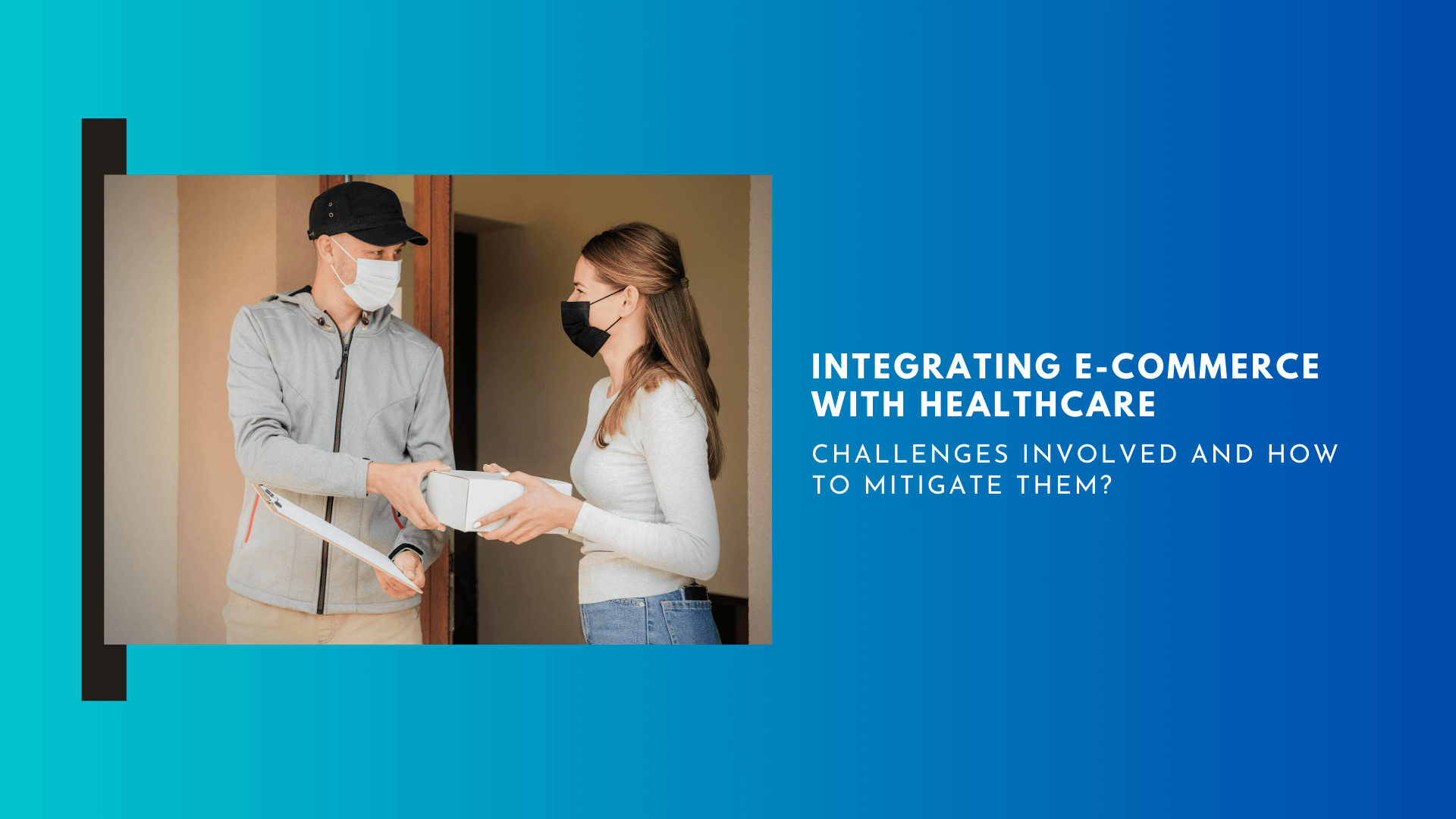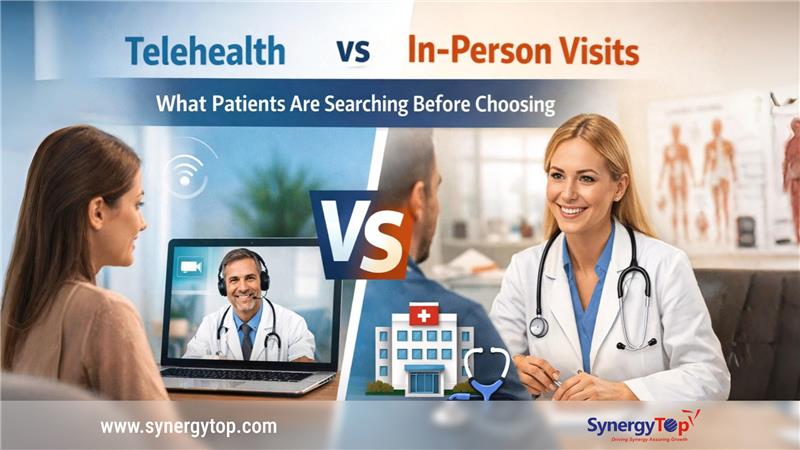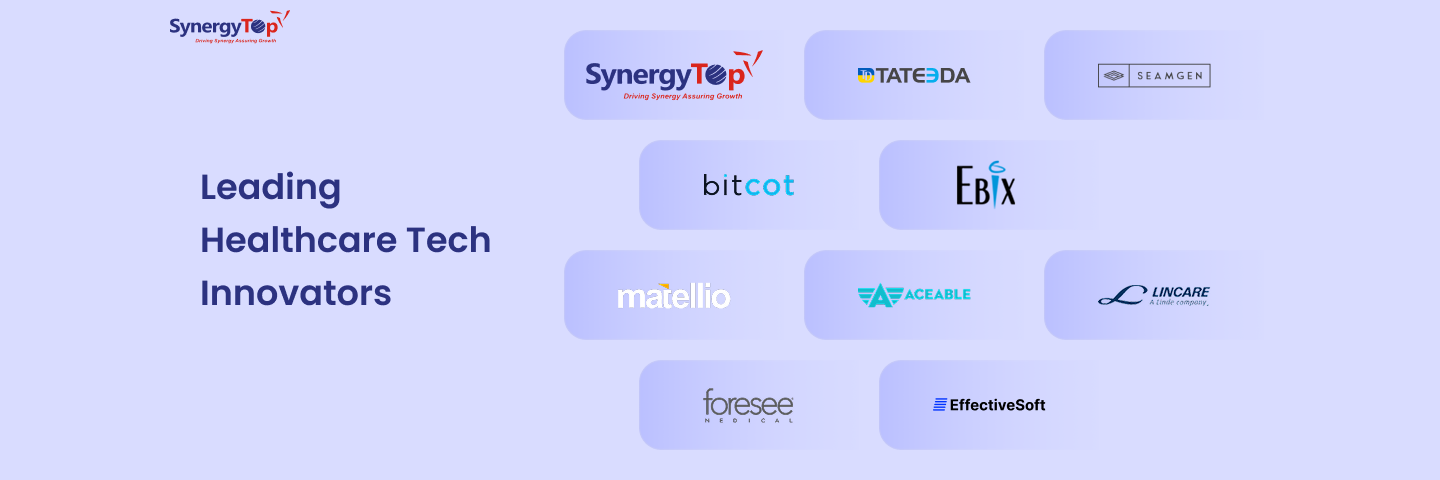A deep dive into the opportunities and challenges of integrating E-Commerce with healthcare
E-Commerce is one of the fastest-growing industries today. To give you some perspective, the US e-commerce industry is growing at a 23% year-on-year increase.
And according to Nasdaq, by the year 2040, 95% of purchases will be made through e-commerce channels.
Naturally, the healthcare industry is also catching up on the e-commerce bandwagon. More and more medical suppliers are digitizing their supply chains and beginning to make sales online. However, the integration of e-commerce in healthcare is still in the nascent stages.
And this means there is ample scope for healthcare-based suppliers and service providers to capitalize on this market.
Organizations that are early adopters are getting better mileage. And as we have seen one of our clients, a medical supplier based in the US saw a visible increase in productivity and sales with the help of our digital e-commerce solutions. More details here.
However, in order to reap the many benefits of e-commerce and healthcare integration, there are some hurdles that you would need to bypass.
With 10+ years of experience in delivering Digi-tech solutions to the healthcare industry and having launched proprietary mHealth apps, I have been able to pinpoint 4 of the most pressing challenges. And I have also highlighted potential solutions to those challenges. Read on to find out.
The challenges of integrating healthcare and E-Commerce
Given below are the 4 key challenges of integrating e-commerce with your healthcare business:
1. Larger involvement of the elderly who are not tech-savvy
While the younger generation has been quick in getting used to ordering medicines and medical equipment and devices online, the elder generation (people over 50 years of age) have been slow in adopting healthcare e-commerce solutions.
The primary challenge is to increase awareness among that demographic about your online medical shop/marketplace. Traditional, non-digital channels may have to be used.
Secondly, most navigation interfaces on digital channels are not as user-friendly for this demographic segment.
Solution: The use of dedicated awareness campaigns and a simple yet visually appealing UI/UX design of the digital e-commerce platform will go a long way in attracting new users, especially the elderly.
2. Security concerns
Security concerns plague almost all e-commerce businesses. Without a secured payment getaway, it is impossible to start selling products or services via digital channels.
However, the struggle multiplies manifold in the case of healthcare businesses. This is because sensitive patient data is also involved.
Solution: Adherence to security guidelines, a secure payment getaway, database encryption, the use of tamper-proof technology, and network security provisions are important aspects for digitizing healthcare businesses.
3. Time sensitivity
If you sell clothes online and your deliveries get delayed the maximum consequences that you’d have to face would be: a dissatisfied customer, negative reviews, and some monetary loss.
However, in the case of medical product/equipment delivery, a delay in delivery could create a potential life and death situation. Patients depending on your delivery mechanism for immediate medical needs might suffer due to inadvertent delays from your end. Thus, the healthcare e-commerce sector is highly time-sensitive.
Solution: A consistent and reliable supply chain integration with the e-commerce platform is key. And with the right use of technology, you can ensure visibility of the movement of the products that you are delivering. This will help avoid critical situations and straighten out bottlenecks before they turn into a medical emergency for your customers.
4. Compliance complication
HIPPA, FDA, and HITECH are just some of the regulatory organizations in the US that have issued guidelines for healthcare business.
Other than that, there might be more compliance requirements based on your or your target audience’s geographical location and the type of medical commodities you sell online.
Non-compliance with these regulations might land you in a legal mess and lead to loss of reputation in the eyes of your end-users.
Solution: Ensure that you work with experts who know about the guidelines and can ensure compliance while building an e-commerce solution for your business.
The right digitization partner can help you mitigate the above challenges
If you are looking forward to using e-commerce tools and technologies to upgrade your healthcare business, the challenges, as discussed, need to be addressed.
The right digitization partner can smooth out the hurdles in your way and ensure you are able to meet and exceed your business goals.
How to find the right partner?
Look for experts with:
- Adequate tech workforce with healthcare-related expertise to ensure timely project delivery.
- Qualified professionals who can easily work with the latest e-commerce technologies.
- Proof of successful completion of similar projects.
We, at SynergyTop, meet all these qualifying criteria.
- We have a team of 50+ young and dynamic e-commerce development experts.
- We have worked with Shopify, Shopify Plus, Magento, WooCommerce and many other technologies that shape the e-commerce industry.
- We have been the brain behind several proprietary healthcare-related apps like PracticeAid, Totall, and more.
- We have delivered 10+ digitalization solutions to healthcare businesses in the past 30 months.
About SynergyTop
SynergyTop is a digital e-commerce company based out of San Diego, offering new-age mobile and web development solutions to small and medium businesses, startups, and large organizations.
With over a decade of experience in the tech world and long-standing business associations with healthcare businesses, we can be the right partner for your e-commerce and healthcare integration needs.
If you have any questions, feel free to drop them in the comments section or drop us a line at contact@synergytop.com to directly get in touch with our experts.
















